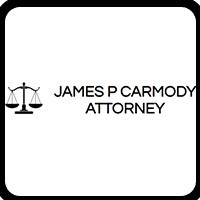Richlands Bankruptcy & Debt Lawyer, Virginia
James P Carmody
✓ VERIFIEDBankruptcy, Family Law, Credit & Debt
Since 1976, Mr. Carmody has provided outstanding legal services for bankruptcy, divorce, custody issues, and adoption proceedings to clients in the gr... (more)
Bernard Starr Via
Bankruptcy, Personal Injury, Accident & Injury
Status: In Good Standing Licensed: 31 Years
Bruce Harold Russell
Criminal, Child Custody, Civil & Human Rights, Insurance, Bankruptcy
Status: In Good Standing
David Joseph Hutton
Commercial Real Estate, Real Estate, Government, Bankruptcy & Debt
Status: In Good Standing
Eric Wagaman Reecher
Education, Labor Law, Insurance, Credit & Debt
Status: In Good Standing Licensed: 27 Years


